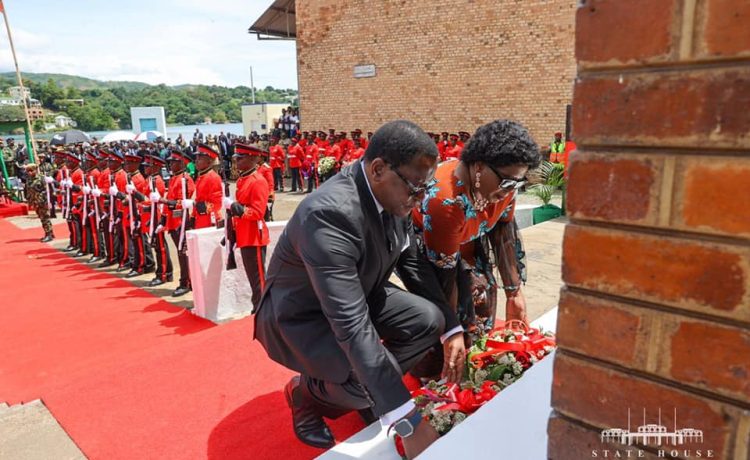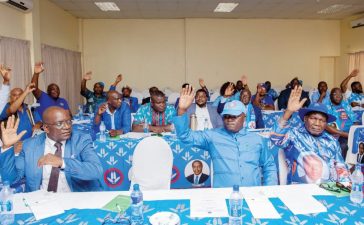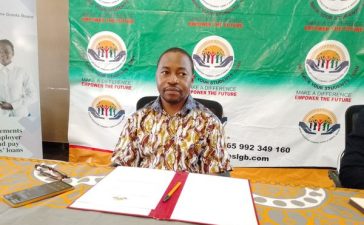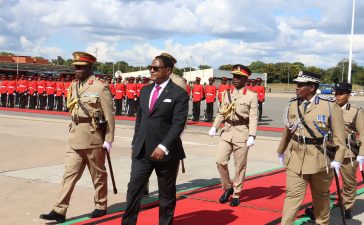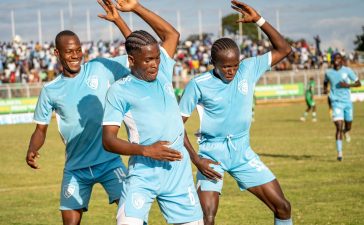In an exclusive revelation to Shire Times, a well-placed source within the Directorate of Public Prosecutions (DPP) has disclosed that the Director of Public Prosecutions (DPP) is on the brink of resurrecting the treason case involving former Cabinet Ministers from the Bingu Wa Mutharika regime who schemed to unlawfully seize power. The clandestine machinations date back to the sudden demise of President Bingu Wa Mutharika in April 2012, which thrust Vice President Joyce Banda into the spotlight as his rightful successor.
At the heart of this intricate narrative lies Peter Mutharika, then serving as Minister of Education, whose purportedly contentious tenure at the helm of Malawi’s education system garnered widespread criticism. Alongside fellow DPP Ministers Bright Msaka and Vuwa Kaunda, acting on Mutharika’s directives, a subversive plan unfolded to subvert constitutional norms and pave the way for Mutharika’s ascension to the presidency, circumventing Banda’s rightful claim.
Further implicating Mutharika’s involvement, a government inquiry into President Mutharika’s passing unearthed unsettling revelations. Malawi Defence Army General Commander Henry Odillo testified that Mutharika had urged him to orchestrate a coup, bypassing Banda’s constitutional succession.
In a swift response, President Banda took decisive action, apprehending Mutharika and his cohorts, who were detained at Lumbadzi Police Station. However, the case reached an impasse following Mutharika’s subsequent electoral victory in 2014, leaving justice deferred but not abandoned.
Remarkably, the case remained active under tenets of Section 77 of the Criminal Procedure and Evidence Code, as the State refrained from formally discontinuing proceedings. With recent disclosures from Vuwa Kaunda, the State now stands poised to revive the prosecution, leveraging Kaunda’s testimony as a key witness.
Section 77 (i) of the Civil Procedure and Evidence Code which was not triggered at that material time provides that: “In any criminal proceedings, and at any stage thereof before judgement is pronounced, the Director of Public Prosecutions may enter a discontinuance, either by stating in court or informing the court in writing, that the State intends that the proceedings shall not continue, and thereupon.”
Under Section 38 of the Penal Code, the charges of treason loom ominously over Mutharika and his inner circle. This legal provision delineates treasonous acts as punishable by death, encompassing endeavors to overthrow the lawful government or usurp executive authority through force or unlawful means.
Section 38 of the Penal Code provides as follows:
The section provides that “ (1) Any person who— (a) prepares, endeavours or conspires to overthrow the lawfully constituted Government by force or other unlawful means;…(c) prepares, endeavours or conspires to carry out by force any enterprise which would, if effected, usurp the executive power of the State; (d) …shall be guilty of treason and shall on conviction be sentenced to death.”
Kaunda’s startling revelation, made during the Martyr’s Day Service of Worship attended by President Lazarus Chakwera, is that which has ignited this legal firestorm. In a video clip circulating widely, Kaunda candidly admits to their covert gatherings, abruptly halted by law enforcement agencies, underscoring the gravity of their transgressions.
In a somber cautionary admonition, Kaunda warns fellow opposition members against entertaining similar treacherous schemes, evoking the powerful imagery of governmental machinery inexorably grinding against dissenters. As the specter of impending prosecution looms over Mutharika and his confidants, the wheels of justice appear poised to turn, marking a pivotal juncture in Malawi’s legal landscape.

